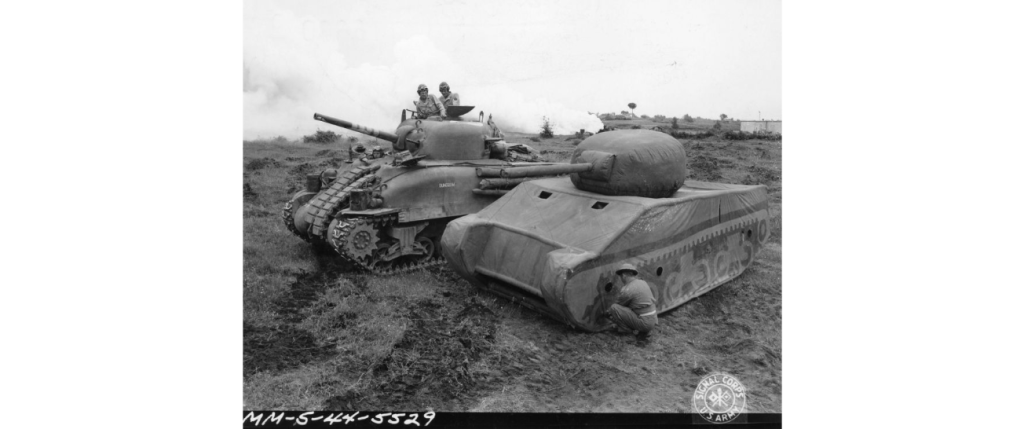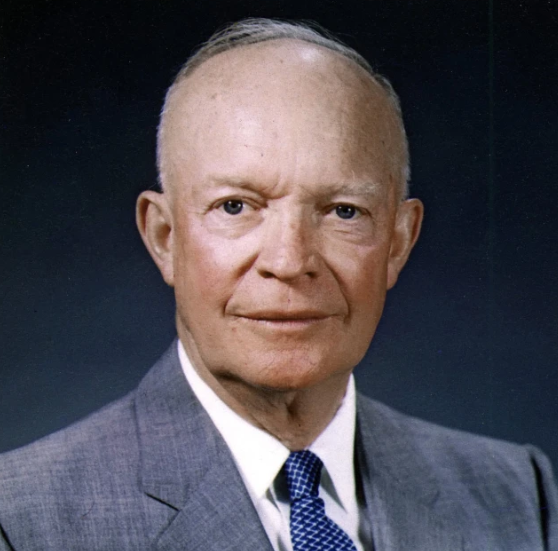At the suggestion of a naming committee, the Secretary of Defense has made his decision, Fort Gordon will be renamed Fort Eisenhower in honor of the 34th President of the United States — Dwight D. Eisenhower.
While some people disagree with renaming military installations as part of the now trendy “cancel culture,” hardly anyone would disagree with the honor going to Eisenhower.
In fact, the president’s administration is known generally as “the Eisenhower Years,” instead of the “Eisenhower Era,” as would be the usual custom, indicating that there was something a little more special to his time in political office.
It appears that everyone still likes Ike.
Most Augustan’s know of Eisenhower’s association with the city and Augusta National. Eisenhower’s loblolly pine tree remains famous even though it was removed from the golf course years ago due to ice storm damage.
During his term in office, Eisenhower spent almost as much time in Augusta as Donald Trump spent at Mar-a-Lago playing golf. The Augusta National even built a “cottage” on the property, complete with Secret Service quarters where Eisenhower could run the country in between hitting the links.
Interestingly, though, Eisenhower never attended a Masters Tournament.
While Eisenhower is primarily known for presiding over the greatest economic expansion in America’s history, he also should be remembered as the warrior who won the war in Europe and the man who prevented World War III by de-escalating the conflict in Korea.
Some modern historians like to contend that Hitler was never going to win World War II and that the Nazis were destined to lose the war from the beginning. However, that is just simply not true.
Many scholars are in agreement that if Hitler would have tried to prolong “Sitzkrieg,” or “sit down war,” he might have bought his scientists time to refine their “wonder weapons” and even create an atomic bomb.
As Supreme Allied Commander of forces in Europe, Eisenhower knew his troops need not waste time in attempting a cross-channel invasion. However, that was something easier said than done.
While there were gaps in Hitler’s Atlantic Wall, those gaps were generally in places where it was tough or even impossible to get troops and equipment ashore.
Hitler knew that Eisenhower was coming. and Eisenhower knew Hitler knew it and so Eisenhower pulled off one of the most brilliant wartime ruses since the Trojan Horse, according to English Heritage.
In an effort to convince the Nazi generals that Allied forces would use the shortest route across the English Channel, from Dover, England to the Pas-de-Calais, France, Eisenhower created a fake invasion, invasion force and concealed the real one.
What was termed Operation Fortitude South, planes and even ships were built of plywood, inflatable tanks were created, and people were brought in to mill about in Army uniforms. Fake depot buildings and barracks were built and even ruts were cut into the dirt roads and airfields to give the illusion of activity.

The view from a Nazi reconnaissance plane would be that of a huge staging area at Dover, according to Maj. Richard G. Ricklefs, writing in Military Intelligence Professional Bulletin.
The ploy worked.
Even though Eisenhower was a brilliant strategist, he still had doubts in his own abilities, leaving behind a letter as D-Day commenced that was to be read if the invasion failed.
“The troops, the air and the Navy did all that bravery and devotion to duty could do. If any blame or fault attaches to the attempt it is mine alone,” Eisenhower wrote.
Eisenhower’s name will soon replace that of Confederate Gen. John B. Gordon at Augusta’s military installation and there is plenty of reason to believe that Eisenhower would not have agreed with the change.
In his private office, Eisenhower had a portrait of Robert E. Lee on the wall and a citizen by the name of Leon Scott wrote the president a letter asking him why he would hold a Confederate General in his esteem.
The president responded to Scott by letter:
“Through all his many trials, he remained selfless almost to a fault and unfailing in his faith in God. Taken altogether, he was noble as a leader and as a man, and unsullied as I read the pages of our history,” Eisenhower wrote.
…And that is something you may not have known.












